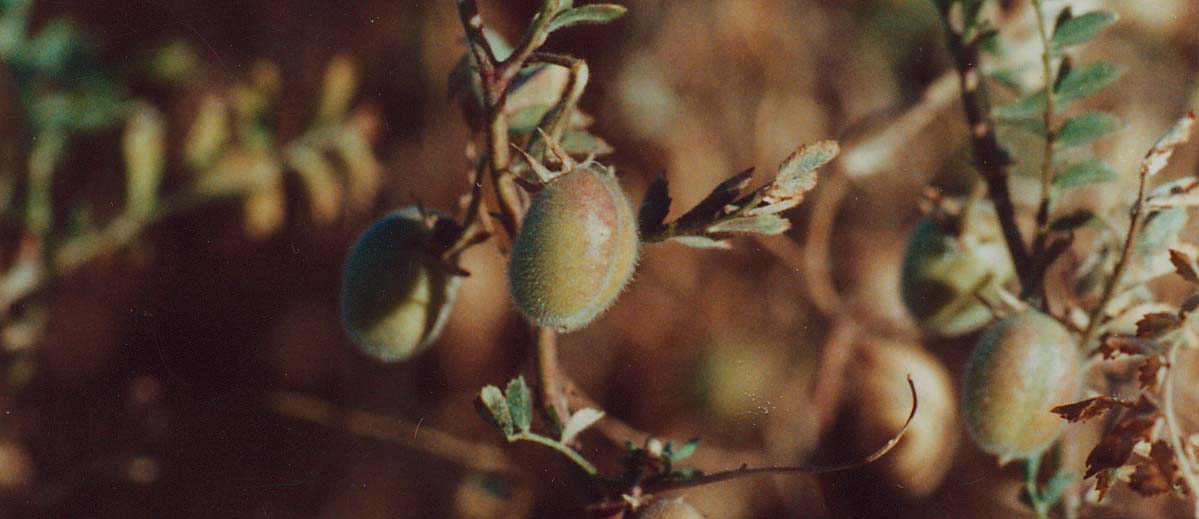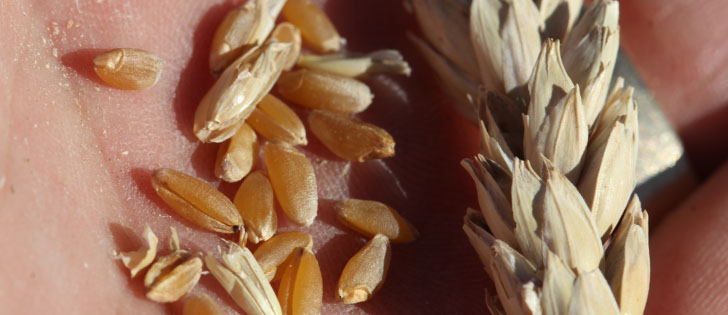Companies that develop genetically modified crop varieties plan to produce more such varieties in the future.
Organic farmers wish to avoid GM plants and seeds in their systems.
They are at opposite ends of the issue. Why can’t they just agree to coexist?
The debate heated up recently when the U.S. Department of Agriculture authorized unrestricted cultivation of GM alfalfa. In Canada we have clear examples of why this can be devastating for canola and flax growers.
The migration of GMOs from farms happens all too easily.
Read Also

Manitoba community projects get support from HyLife
HyLife Fun Days 2025 donated $35,000 each to recreation and housing projects in Killarney, Steinach and Neepawa earlier this fall.
Seed moves from poorly tarped farm trucks, swaths blowing in the wind, canola tumbleweeds and animal movement.
“Escaped populations of HR canola, canola that is resistant to herbicides such as glyphosate, primarily through genetic engineering, are ubiquitous outside of cultivated fields,” says a study published in the scientific journalWeed Science.
Trans-genes, which were engineered into the canola, are moving among herbicide resistant canola varieties. They have also moved to non GM canola.
According to another article inWeed Science,there is “the high probability that pedigreed canola seed lots are cross-contaminated with the various herbicide resistance traits.”
This movement of seed and genes means that it is difficult to find canola that is guaranteed free of genetic modification.
If pedigreed seed growers can’t keep their varieties isolated, then there is little likelihood the trans-genes can be kept out of common seed.
Add to this inter-field pollen transfer and organic production of canola is possible only in extreme isolation.
We have also learned from the Triffid example in flax that once a GM crop is released, it is difficult to put the genie back in the bottle.
Is this likely to happen in alfalfa if GM varieties were?
Of course it is. Alfalfa is an important rotational crop and livestock feed. It is widespread.
Contamination would move among fields, along roadsides and throughout the system. New areas would be contaminated in years of drought or flooding and when feed must be shipped long distances.
It is ironic that invasive species such as purple loosestrife and zebra mussels have caused major concern, with governments developing action plans for their elimination, while governments embrace the invasive species of GM crops and allow them unrestricted access to the environment.
Proponents of genetic modification seem to counter with three main arguments:
• farmers want GM crops;
• GM crops are needed to feed the world;
• markets will come around.
Aren’t farmers voting for GM crops with their seed dollars, at least in canola?
Perhaps some are, but it is a choice among severely limited options. Farmers have already lost the European canola market and access to GM free canola seed.
No-till farmers are the main clients for herbicide resistant canola seed. With it, they are able to replace tillage with herbicide, often glyphosate.
Several years ago, when the Canadian Wheat Board held information meetings about the proposed release of GM wheat, no-till farmers led the opposition. Their concerns included loss of markets, potential overuse of glyphosate in rotations that could lead to herbicide resistance in weed populations and difficulty in controlling herbicide tolerant volunteer crops.
Although some farmers may want GM crops, many do not.
What about the argument that genetic modification is needed to feed the world?
Forecasters see a future of several more billion people, resulting in a need for increased food production worldwide. GM proponents suggest we must engineer crops for higher yield to meet this demand.
The alternative interpretation is that political will and financial commitment are what is needed to feed the world, and that soil building techniques, such as those adopted by organic farmers, and measures to keep small farmers on their land are more important to the future of food production and food security.
Will European markets come to accept GM crops?
They have not accepted GM crops in the past. Canadian officials tell the Europeans that they must accept GM products to trade with us, which is basically saying, “sorry, but our stuff is contaminated.”
This is not likely to be an ideal marketing stance, but it opens the door to more GM varieties being released.
There are always the Americans. As sellers of GM products, they can’t really forbid them.
And what about choice?
Many people want to eat food that is not genetically modified.
Perhaps they believe the studies showing reproductive failures and increased cancer rates in test animals fed GM food. Perhaps they are concerned about the influence of GM crops on bees and soil.
Perhaps they distrust corporate agendas or believe in the cautionary principle. Perhaps they have food sensitivities.
But whatever their concern, should they not be allowed to choose?
It is hard to find GM-free food. Organic production forbids the use of GM varieties, so many people turn to organic to avoid GM food.
Contamination of seed stocks with the products of genetic modification amounts to preventing organic production of those crops, which concerns organic groups.
In Canada, there is concern that GM alfalfa will cross the border and make its way into our system, contaminating or becoming commingled in our fields and reaching Canadian meat. There is also concern that our government may follow the American decision and that additional crops will follow.
The fear that organic groups express about genetic modification is not just alarmist rhetoric. We have seen the loss of organic canola and the financial impact from GM flax. We have seen the loss of the farmers’ right to farm free from contamination and an average consumer’s loss of the right to eat a non GM diet.
Many organic producers feel the government is not listening to their concerns.
Perhaps though, we can find the hope that comes from standing together and demanding choice.
Brenda Frick, Ph. D., P. Ag. is an extension agrologist and researcher in organic agriculture. She welcomes your comments at 306-260-0663 or email organic@usask.ca.















